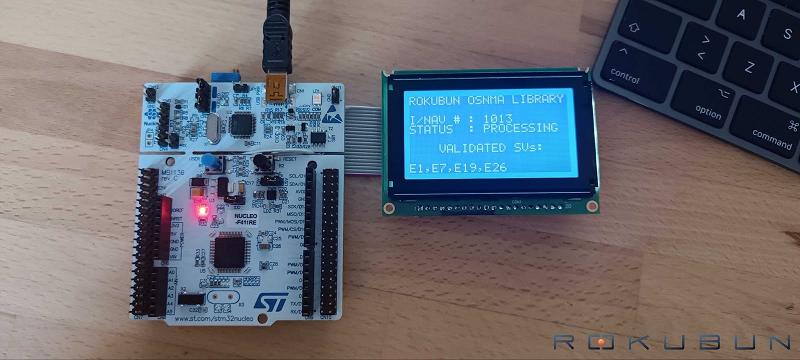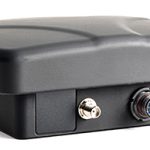Rokubun has developed and demonstrated a ready-to-use OSNMA library, enabling reception of trustworthy Galileo OSNMA navigation and positioning authentication information in a variety of GNSS solutions.
“We have managed to develop and validate a Galileo OSNMA client for tiny embedded microcontrollers,” said Rokubun CEO and co-founder Xavier Banqué Casanovas. “This opens the door to millions of devices with a GNSS chip and general purpose MCU to use Galileo OSNMA for authenticated navigation, against interference and attacks.”
Rokubun’s OSNMA Library has undergone extensive testing using official EUSPA test vectors, and its OSNMA algorithms have been validated under real conditions at the European Commission’s Galileo testing facilities at the Joint Research Center at Ispra, Italy.
“The key innovation lies in the fact that we managed to slim down the algorithm implementation to fit in very small MCUs platforms,” said Banqué. “This library is ready to roll out for users who want to announce Galileo OSNMA compatibility in parallel with the expected OSNMA service operations announcement at the end of 2023.”
Made to fit
The Rokubun Galileo OSNMA Library is compact and reliable and guarantees seamless integration and cross-platform support. Engineered in C with meticulous attention to MISRA compliance, it has been optimized for embedded and automotive platforms. It constitutes just 60 KB of code, needs only 15 KB of RAM, and does not rely on dynamic memory, and it is designed to be architecture- and OS-agnostic, allowing for smooth integration across various platforms.
“The new library fits every build system,” Banqué said. “It’s compiled with a tool chain for your architecture, and packaged as a single static library and header file, so adding it to any project is a matter of minutes.”
With the library loaded, the embedded platform receives the navigation messages from the host computer via the serial interface. It then decodes the OSNMA data and authenticates the navigation data transmitted by the Galileo satellites.
Made to move
The OSNMA library is designed to be as portable as possible, requiring only a working ASM and C compiler that supports ISO C99. A clean interface design ensures easy and fast integration. Rokubun has implemented a state-of-the-art hardware-in-the-loop (HIL) continuous integration, continuous deployment setup, to ensure optimal performance while validating user-specific enhancements, such as the utilization of cryptographic accelerators or other SoC/MCU specific resources. This setup continuously tests the library against several reference MCU targets, assessing its performance and guaranteeing its reliability.
Rokubun’s OSNMA library has been successfully cross-compiled and tested for various CPU architectures. Testing confirms it is compatible with X86, ARM Cortex-A (ARMv7-A), ARM Cortex-M, and Xtensa LX7 architectures.






